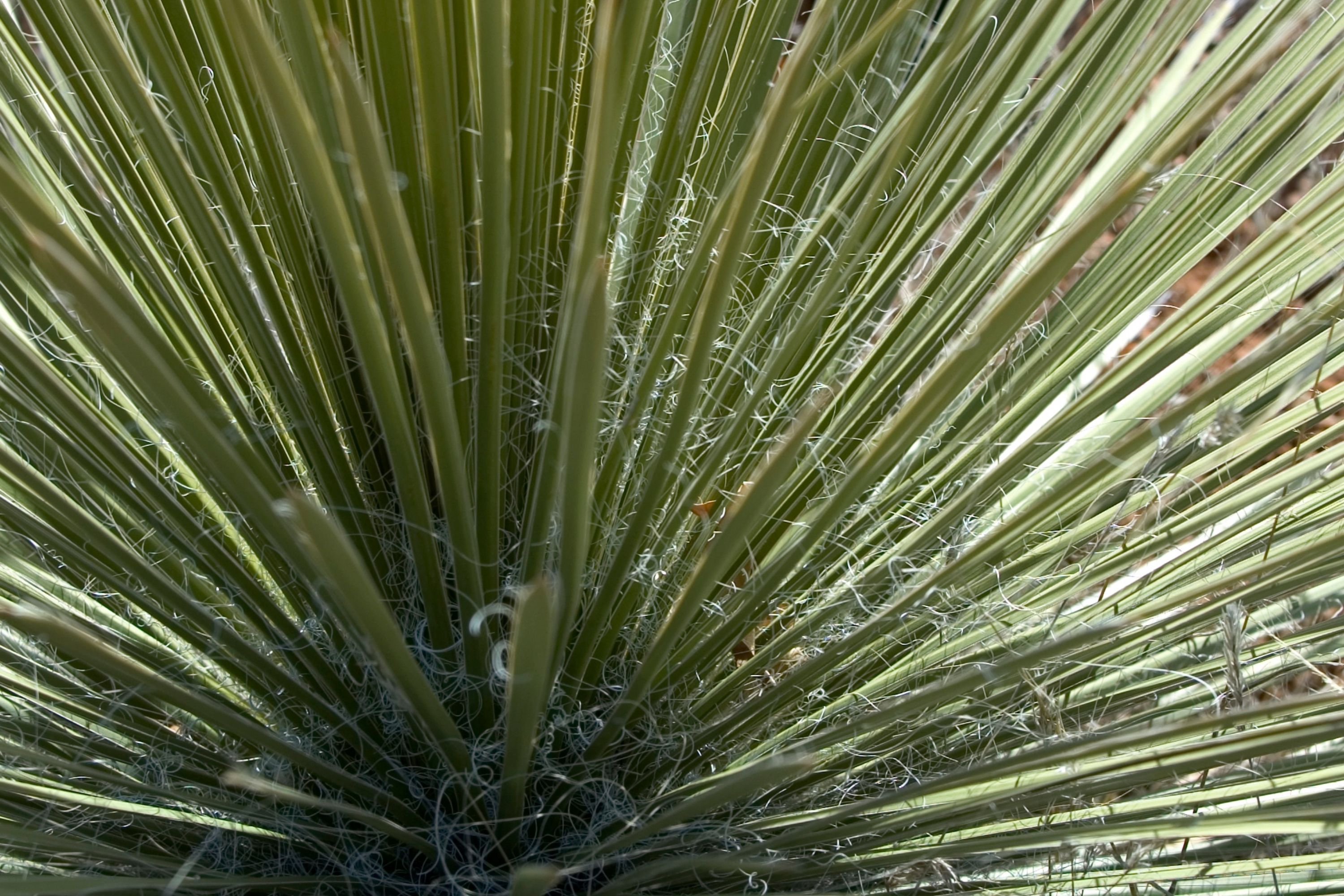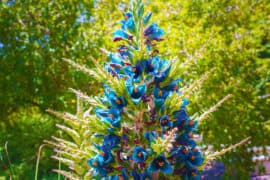Linear-leaf Yucca
(Yucca linearifolia)

Description
Yucca linearifolia is a plant species in the family Asparagaceae, native to the Chihuahuan Desert in the Mexican states of Coahuila and Nuevo Leon. It is a tree-like perennial up to 3.5 m tall, with narrow, denticulate leaves and fleshy fruits. Yucca is a genus of perennial shrubs and trees in the family Asparagaceae, subfamily Agavoideae. Its 40–50 species are notable for their rosettes of evergreen, tough, sword-shaped leaves and large terminal panicles of white or whitish flowers. They are native to the hot and dry (arid) parts of the Americas and the Caribbean. Early reports of the species were confused with the cassava (Manihot esculenta). Consequently, Linnaeus mistakenly derived the generic name from the Taíno word for the latter, yuca. The Aztecs living in Mexico since before the Spanish arrival, in Nahuatl, call the local yucca species (Yucca gigantea) iczotl, which gave the Spanish izote. Izote is also used for Yucca filifera. The natural distribution range of the genus Yucca (49 species and 24 subspecies) covers a vast area of the Americas. The genus is represented throughout Mexico and extends into Guatemala (Yucca guatemalensis). It also extends to the north through Baja California in the west, northwards into the southwestern United States, through the drier central states as far north as southern Alberta in Canada (Yucca glauca ssp. albertana). Yucca is also native northward to the coastal lowlands and dry beach scrub of the coastal areas of the southeastern United States, along the Gulf of Mexico and South Atlantic States from coastal Texas to Maryland. Yuccas have adapted to an equally vast range of climatic and ecological conditions. They are to be found in rocky deserts and badlands, in prairies and grassland, in mountainous regions, in light woodland, in coastal sands (Yucca filamentosa), and even in subtropical and semitemperate zones, although these are generally arid to semi-arid. Yuccas have a very specialized, mutualistic pollination system, being pollinated by yucca moths (family Prodoxidae); the insect transfers the pollen from the stamens of one plant to the stigma of another, and at the same time lays an egg in the flower; the moth larva then feeds on some of the developing seeds, always leaving enough seed to perpetuate the species.
Taxonomic tree:







